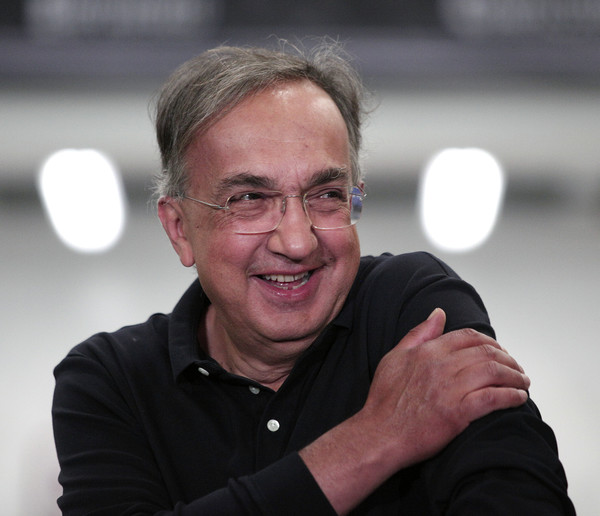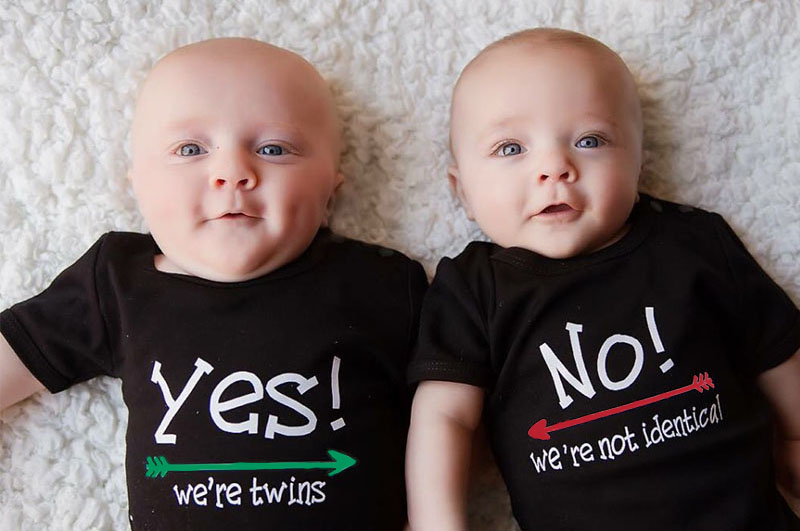Sergio Marchionne, the charismatic and demanding leader who engineered two long-shot corporate turnarounds to save both Fiat and Chrysler from near-certain failure, has died. He was 66. The Exor holding company of the Fiat founding family Agnelli announced Marchionne’s death in Zurich, Switzerland, in a statement, “Unfortunately what we feared has come to pass,” Fiat heir John Elkann said. “Sergio Marchionne, man and friend, is gone.”
Marchionne built the companies into the world’s seventh-largest automaker almost by personal force of will, living on a corporate jet crossing the Atlantic to push employees to accomplish what most people thought was impossible amid a devastating global recession.
The Italian and Canadian Marchionne, had revived Fiat by 2009 when he was picked by the U.S. government to save U.S. based Chrysler from its trip through bankruptcy protection after being owned by a private equity company. Marchionne met most of his goals, even though at times he was doubted by nearly everyone in the automobile business. He didn’t live long enough to complete his last two: personally hand over the reins of Fiat Chrysler Automobiles to a hand-picked protégé and lay out plans for transforming supercar maker Ferrari.
The manager, known for his folksy, colorful turns of phrase and for his dark cashmere sweaters no matter the occasion, was the darling of the automotive analyst community. Even when expressing doubts at his audacious targets, they expressed admiration for his adept deal-making. Some of his key corporate moves included the spinoff of the heavy industrial vehicle and truck maker CNH and of the Ferrari supercar maker.
It was Marchionne’s success in turning around a pair of Swiss businesses that drew the attention of the Agnelli family. He joined Fiat’s board in May 2003, four months after the death of Gianni Agnelli. He became CEO in June 2004, following the death of Gianni Agnelli’s brother, Umberto, Fiat’s chairman, leaving a family void in the company.
As an outsider, Marchionne was unfettered by local loyalties and he set about cutting jobs and expenses, slimming management ranks and increasing shareholder value along the way. He brought in other outsiders to key positions and relaunched the iconic 500, which became one of the new Fiat’s calling cards as it expanded abroad.
The bankruptcy of Chrysler gave him the opportunity to create a global car company with brands including Jeep, Ram, Alfa Romeo, Ferrari and Maserati that he envisioned would grow to six million cars a year. The global economic crisis prevented him from reaching that goal, but his industrial vision never faltered as he spun off CNH and Ferrari into stand-alone entities.
Marchionne had planned to step down as CEO of FCA after the close of 2018, with the presentation of the year-end results in April. He always insisted that his successor would come from inside, so it was no surprise when British manager Mike Manley, who helped boost Jeep to global success and get Fiat a foothold in Asia, was named as his successor as Marchionne’s health failed.
In June, he laid out FCA’s five-year plan, which included launching electrified powertrains across Fiat brands, but unlike electric car maker Tesla, which has thus far failed to turn a profit, earnings were a fundamental at FCA.
At his last public appearance in his role as FCA CEO, Marchionne in late June attended a ceremony in Rome where a Jeep was presented to Carabinieri police. Marchionne began his brief remarks noting that he grew up in a household where his father was a Carabinieri officer. Speaking of the police corps, he said that he recognized in the Carabinieri “the same values at the basis of my own education: seriousness, honesty, sense of duty, discipline and spirit of service.”
Marchionne was divorced. He is survived by his companion, Manuela Battezzato and two adult sons.
From Milan AP





